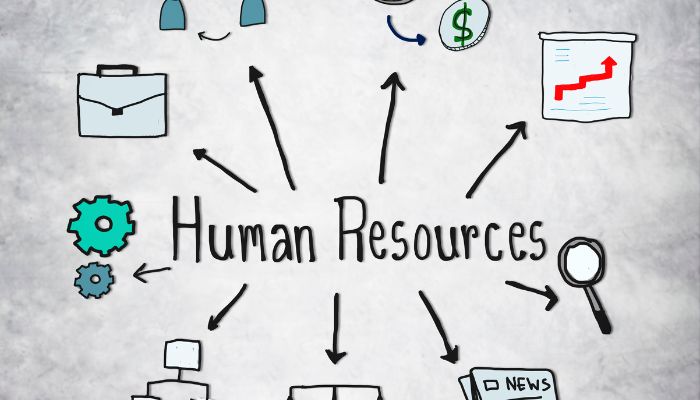Every year on October 17th, the International Day for the Eradication of Poverty provides an opportunity to reflect on the global fight against one of humanity’s most pressing issues. Poverty, in its various forms, persists as a significant challenge that impacts individuals, communities, and economies worldwide. This day serves as a reminder of the collective commitment to alleviate poverty and create a more equitable world.
The United Nations designated October 17th as the International Day for the Eradication of Poverty in 1992, following a call to action from Joseph Wresinski, the founder of the International Movement ATD Fourth World. It is a day to raise awareness, encourage solidarity, and promote actions that can contribute to ending poverty in all its forms and dimensions.
Poverty and Business: A Complex Relationship
The relationship between poverty and business is complex. On one hand, businesses can play a significant role in addressing poverty by providing job opportunities, contributing to local economies, and supporting sustainable development projects. On the other hand, businesses are also sometimes criticized for exploiting cheap labour, contributing to income inequality, or engaging in practices that harm vulnerable communities.
In recent years, there has been a growing trend of Corporate Social Responsibility (CSR) where businesses actively engage in philanthropic activities and sustainable practices to make a positive impact on society. This includes supporting education, healthcare, and community development initiatives, which can help in the fight against poverty.
Related Reads
- Delivering Mass Prosperity: Formal Jobs and Skill Development in India
- India in 2050: A Wishlist for Growth, Opportunity, and Prosperity
- Empowering India’s Growth: Unlocking the Potential of Women’s Workforce Participation
The Role of Businesses on International Day for the Eradication of Poverty
On the International Day for the Eradication of Poverty, businesses around the world can take the opportunity to evaluate their role in addressing poverty. They can consider how their operations impact communities, workers, and the environment, and explore ways to improve their corporate practices. This might include creating more job opportunities, supporting fair wages, reducing environmental footprints, and engaging in social initiatives.
Collaboration is Key
The eradication of poverty is not an issue that can be solved by any one entity alone. It requires the collaborative efforts of governments, non-governmental organizations, businesses, and individuals. The Sustainable Development Goals (SDGs), adopted by the United Nations in 2015, include a goal to end poverty in all its forms everywhere by 2030. Achieving this ambitious goal necessitates a unified approach, where businesses align their strategies with these global objectives.
As businesses seek to prosper in a globalized world, they must also recognize their responsibilities in addressing the global issues that impact society and communities. The International Day for the Eradication of Poverty serves as a reminder that businesses can make a difference. By working together with other stakeholders, they can contribute to the noble cause of reducing poverty, creating a more equitable world, and helping to achieve the United Nations’ Sustainable Development Goals.
The International Day for the Eradication of Poverty is a moment for reflection, action, and collaboration. It’s a day to remind us that poverty is a global challenge that requires global solutions. Businesses have a significant role to play in this endeavour, and by aligning their strategies with the goals of poverty eradication, they can make a substantial impact on the journey toward a more equitable and poverty-free world.
References:
- International Day for the Eradication of Poverty | Medium | Oct 2021
- Poverty Eradication | United Nations
- International Day for the Eradication of Poverty | UNESCO






